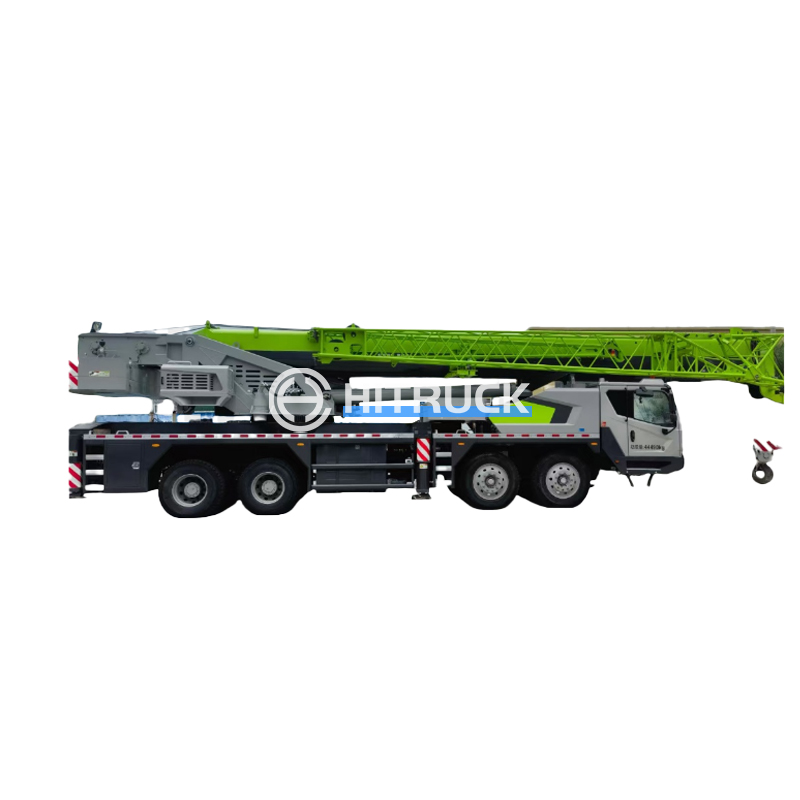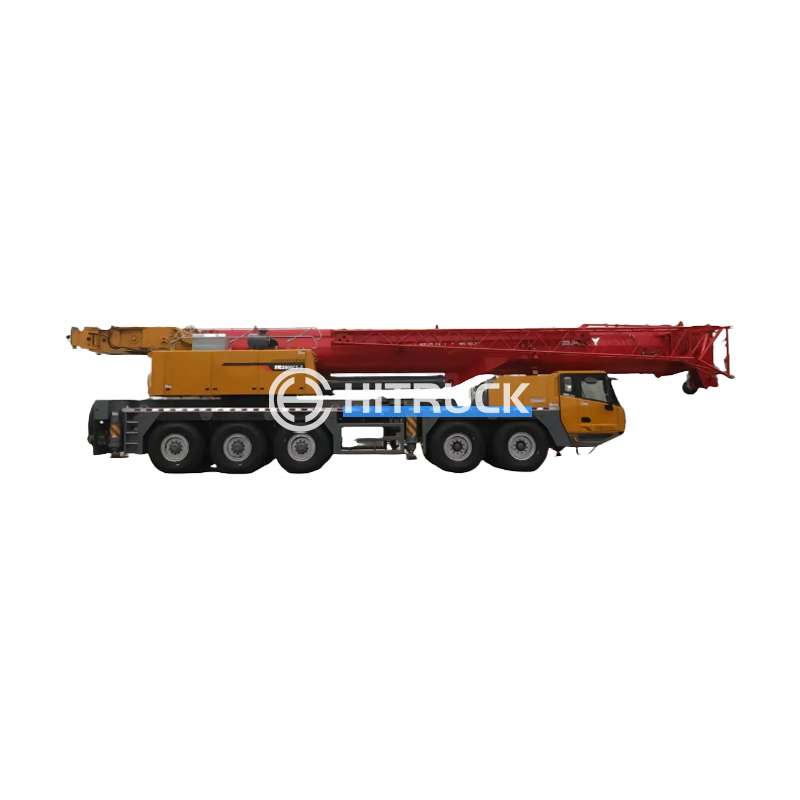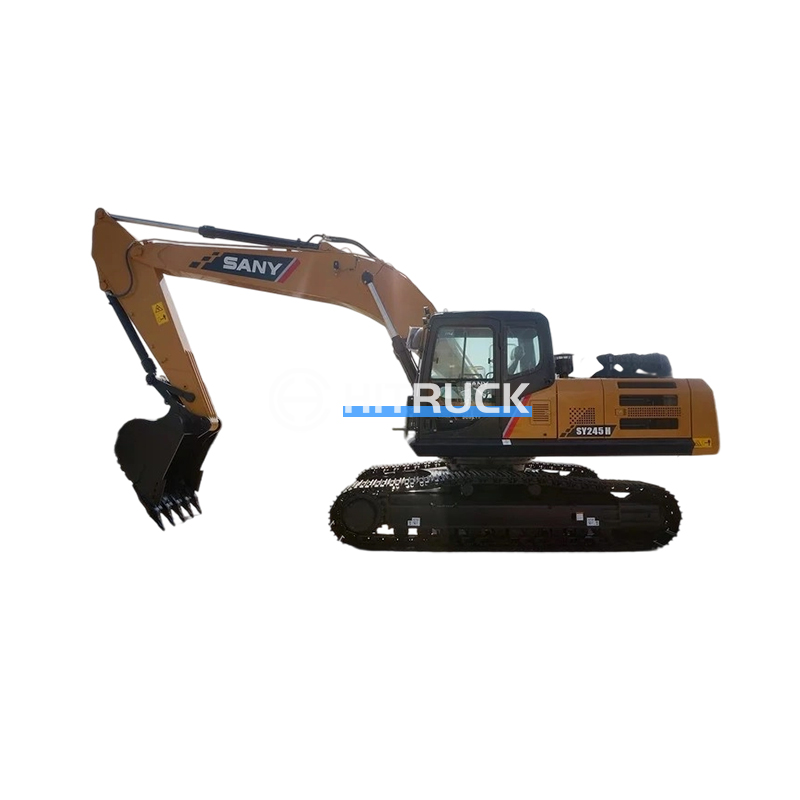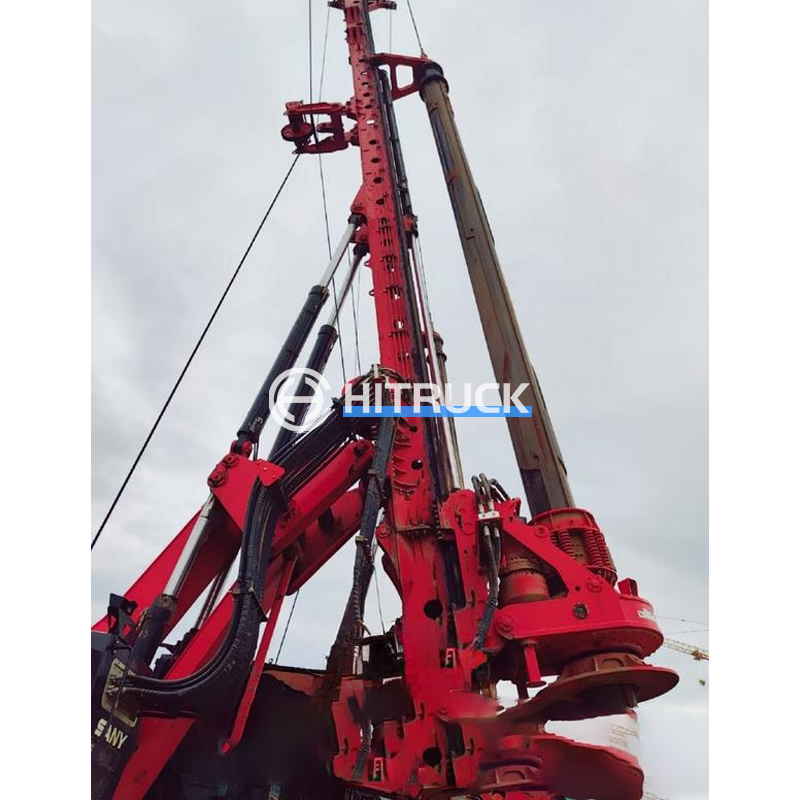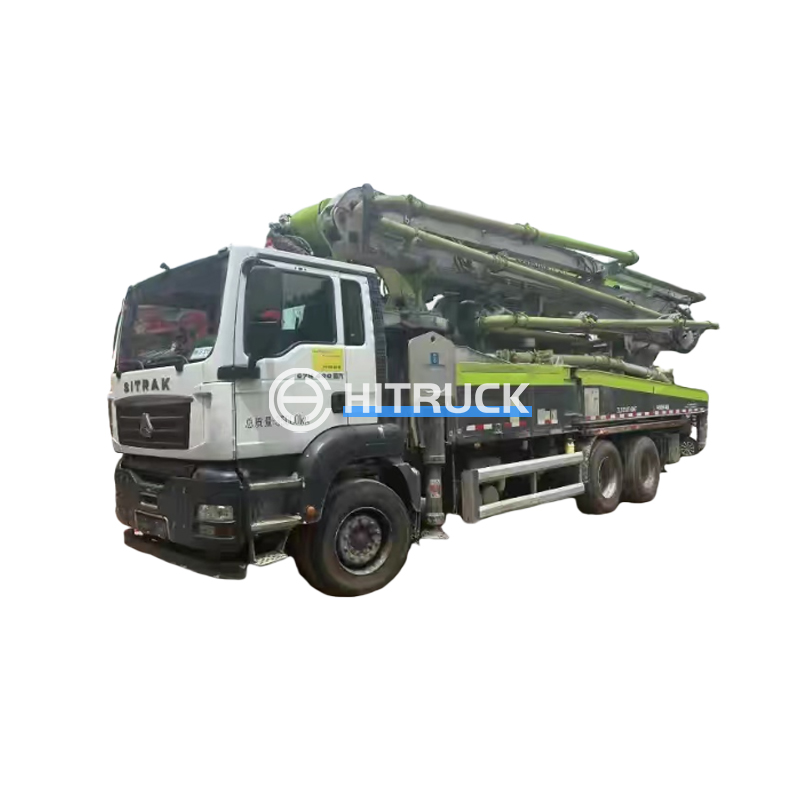Refrigerator Cars: A Comprehensive GuideThis article provides a comprehensive overview of refrigerator cars, covering their types, applications, maintenance, and the latest advancements in technology. We explore the crucial role these vehicles play in various industries and offer insights for those seeking to understand and utilize this specialized transportation method.
Refrigerator Cars: A Deep Dive into Temperature-Controlled Transportation
The transportation of perishable goods, such as food, pharmaceuticals, and chemicals, demands specialized vehicles capable of maintaining precise temperature control throughout the journey. This is where refrigerator cars, also known as reefer cars or refrigerated railcars, come into play. These are specialized railway carriages designed to keep their cargo at a consistent temperature, ensuring the quality and safety of sensitive products during transit. This guide will delve into the world of refrigerator cars, examining their design, functionality, applications, and the future of this critical industry segment.
Types of Refrigerator Cars
Refrigerator cars are available in a variety of configurations to suit specific needs. Key distinctions often lie in their cooling systems, capacity, and the types of goods they are designed to transport.
Mechanical Refrigeration Systems
Most modern refrigerator cars utilize mechanical refrigeration systems, similar to those found in home refrigerators but on a significantly larger scale. These systems utilize refrigerants to absorb heat from the inside of the car and release it to the outside, maintaining the desired internal temperature. These systems often offer greater temperature control precision and are suitable for transporting a wider range of goods.
Other Cooling Methods
While less common now, some older refrigerator cars might employ alternative cooling methods, such as ice or dry ice. These methods offer less precise temperature control and are generally less suitable for long-distance transport or temperature-sensitive goods.
Applications of Refrigerator Cars
The applications of refrigerator cars are vast and span numerous industries. Their primary function is the safe and efficient transportation of perishable goods across long distances. Some key applications include:
- Food and Beverage Transportation: Transporting fresh produce, meat, dairy products, and frozen foods.
- Pharmaceutical Distribution: Ensuring the integrity of temperature-sensitive medications and vaccines during transport.
- Chemical Transportation: Handling chemicals that require specific temperature ranges for stability and safety.
Maintenance and Operation of Refrigerator Cars
Proper maintenance is crucial for the optimal performance and longevity of refrigerator cars. Regular inspections, timely repairs, and adherence to operational guidelines are essential to prevent breakdowns and ensure the safety of the cargo. This often includes monitoring refrigeration systems, checking seals and insulation, and conducting regular preventative maintenance.
Technological Advancements in Refrigerator Cars
The industry is constantly evolving, incorporating new technologies to improve efficiency, reliability, and environmental sustainability. Recent advancements include improved insulation materials, more efficient refrigeration systems, and advanced monitoring and control systems that allow for real-time tracking of temperature and location. These advancements contribute to reducing fuel consumption and minimizing the risk of spoilage during transit.
Choosing the Right Refrigerator Car
Selecting the appropriate refrigerator car requires careful consideration of several factors, including the type of goods being transported, the distance of the journey, the required temperature range, and the budget. Consulting with experienced logistics providers can help ensure that the chosen vehicle meets all necessary specifications.
The Future of Refrigerator Cars
The future of refrigerator cars is likely to see continued advancements in technology, driven by the need for greater efficiency, sustainability, and improved temperature control. Further integration with digital technologies and improved monitoring systems are expected to play a significant role in optimizing operations and enhancing supply chain transparency. For more information on various types of trucks and transportation solutions, please visit Suizhou Haicang Automobile sales Co., LTD.
| Feature | Mechanical Refrigeration | Older Methods (Ice/Dry Ice) |
| Temperature Control | Precise and consistent | Less precise, prone to fluctuation |
| Suitable for Long Distances | Yes | No |
| Maintenance | Regular maintenance required | Requires frequent ice/dry ice replenishment |
Disclaimer: This information is for general knowledge and informational purposes only, and does not constitute professional advice. Always consult with relevant experts for specific guidance.






